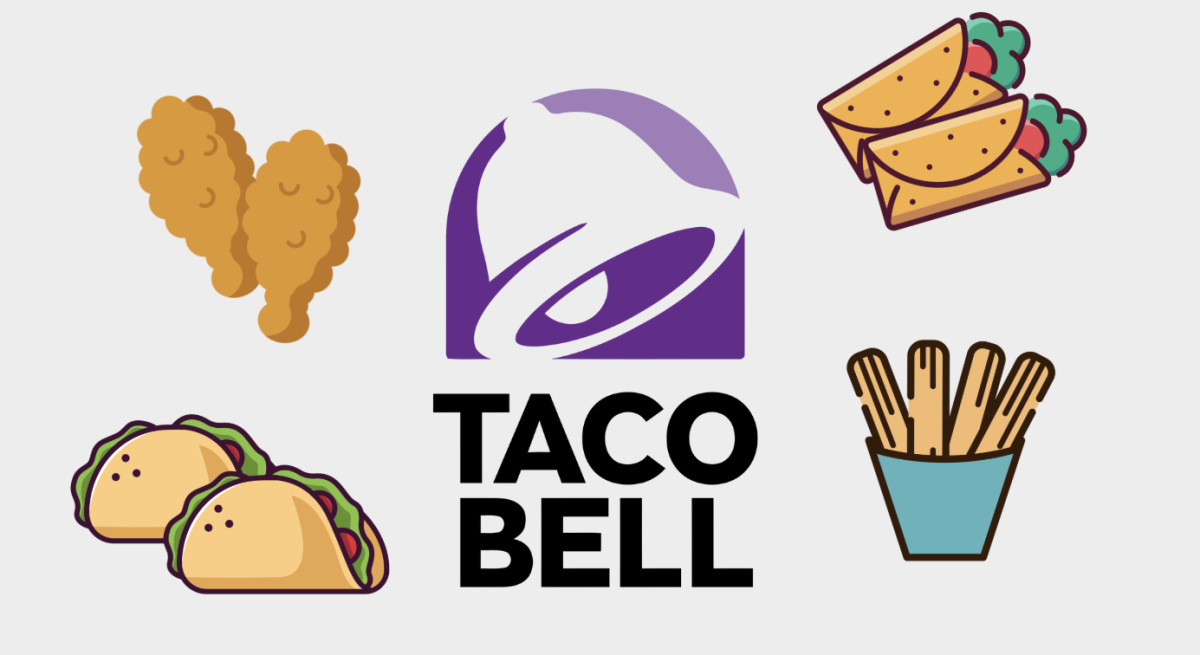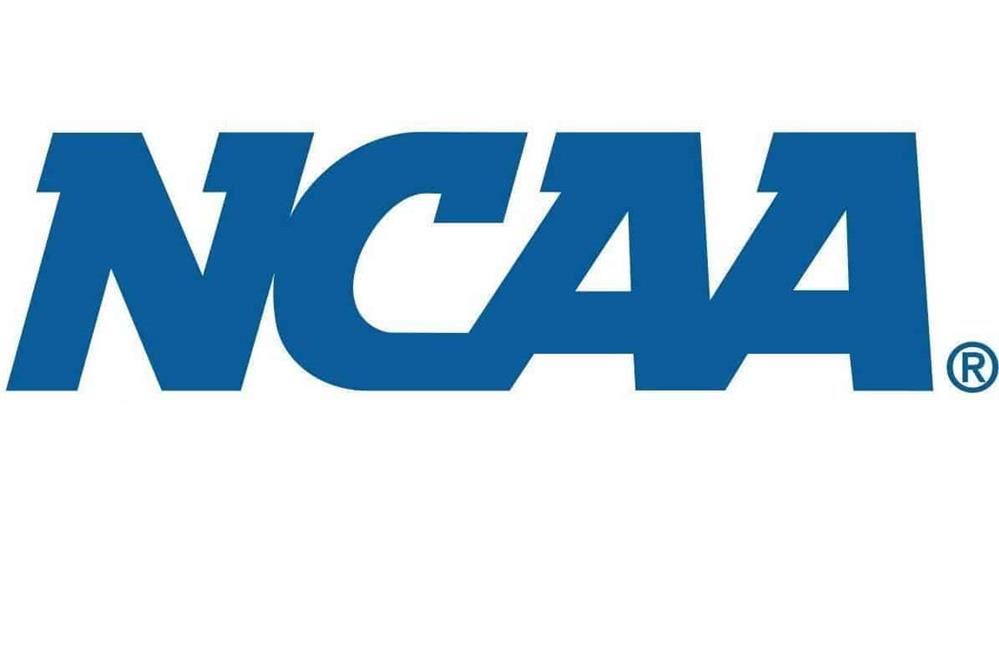Following a year-long investigation by the Federal Trade Commission (FTC), Epic Games’s video game, Fortnite, was found to have violated numerous online privacy laws throughout the past five years. According to the FTC’s official website, Epic Games specifically violated the Children’s Online Privacy Protection Act by making its in-game currency purchase process too accessible to minors under age 13. Children worldwide could purchase in-game items without parental consent relatively easily.
“The company made it easy for children to rack up charges without parental consent and locked the accounts of consumers who disputed unauthorized charges with their credit card companies,” The FTC said in a news release.
Last December, the FTC settled with the video game media giant for $520 million and announced the creation of a $245 million refund system offered to any Fortnite user who is eligible. Users can determine their eligibility using a specific set of guidelines on the FTC’s website. Shortly afterwards, Epic Games released a statement announcing revisions to their current transaction system and recommending other video game companies to do the same.
“We accepted this agreement because we want Epic to be at the forefront of consumer protection and provide the best experience for our players. All game developers should rethink steps they’ve taken to simplify payment flows in favor of practices that provide the largest amount of clarity to players when they make purchase decisions,” Epic Games said in a news release directly following the announcement of the settlement.
The FTC stated that adults who lost money to in-game purchases would be compensated. To ensure the FTC refunds only get to eligible adults, the FTC instituted a verification system that included an age verification for refund processing. As a result, minors who spent their own money on Fortnite will have to have their parent or guardian file a claim in their stead. In order to get a refund through the FTC, consumers must file a claim through the FTC’s website where they will be asked specific details about purchases made with their money nonconsensually. People eligible for a refund must file their claim before Jan. 17, 2024 and have their claim approved by the FTC before being compensated for their purchases. According to the FTC’s website, depending on the volume of refund requests, all should be issued sometime in 2024.
Epic Games’s settlement with the government agency marks one of the first instances of FTC involvement in the video game industry and serves as a warning to many other industry giants of the potential consequences for such offenses. However, Fortnite’s easily-accessible digital transaction system isn’t the first to receive such condemnations and joins a list of other extremely popular video games such as Call of Duty Warzone and World of Warcraft who also have experienced similar critiques. The Epic Games lawsuit demonstrates the growing digitalization of transaction systems and the relative ease with which anyone, even minors, can make purchases online.
“I think it’s important to raise questions about developers and to protect children who might not make the best decisions at such a young age,” refund-applicant and junior Noah King said.
This situation also exemplifies how younger video game audiences influenced by such games can easily be tempted to spend money online. With over-simplified transaction systems in place across multiple platforms such as Playstation or Xbox, younger audiences, especially children, can easily purchase virtual items without a second thought. With game features in place like credit card saving and constant cosmetic showcasing, this issue raises awareness of the susceptibility of children to the monetization of video games. Additionally, with video games growing in popularity among younger demographics, this issue is likely to persist, thus endangering people to the threat of addiction and senseless spending.
“I think that there should be more checks you have to go through to buy anything in game. You shouldn’t just need a credit card, but also a confirmation or email from a parent or whoever is purchasing something,” junior Thomas Giovinazzo said.














